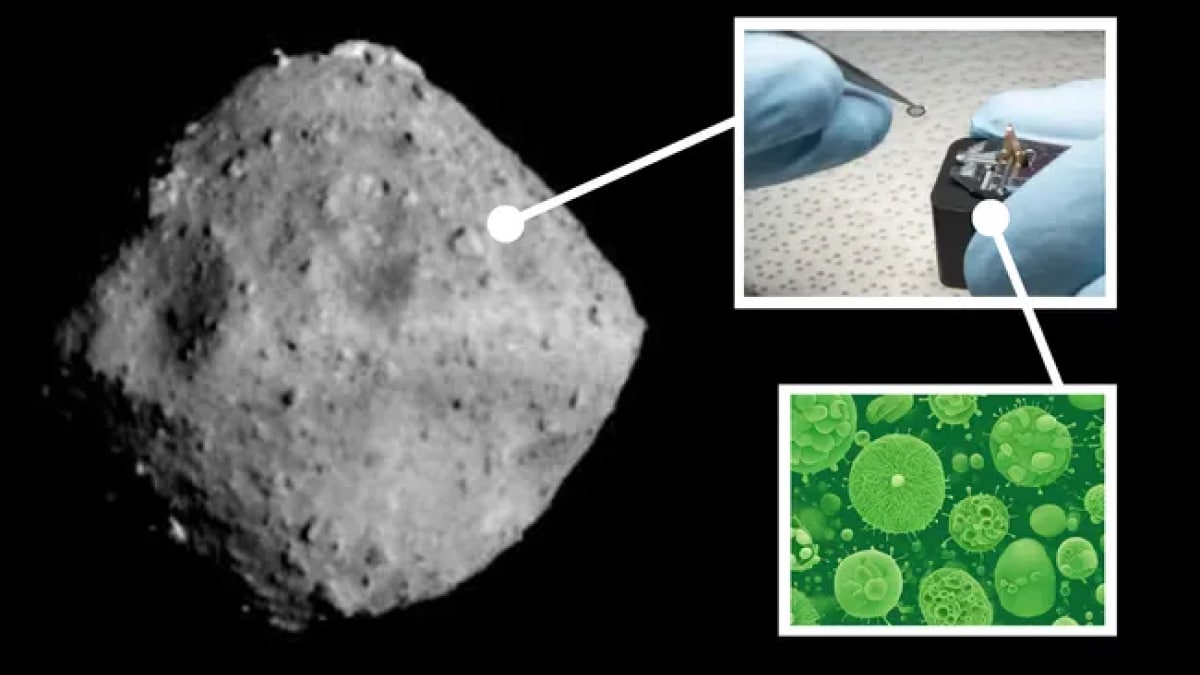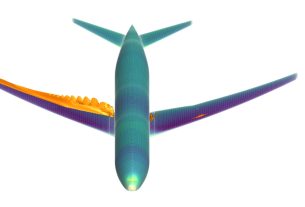
A study published in Meteoritics & Planetary Science has reported the discovery of terrestrial micro-organisms in a sample returned from asteroid Ryugu by Japan’s Hayabusa2 mission. According to researchers, these microbes, identified as Earth-based in origin, had colonised the sample after its return to Earth in December 2020. The findings have highlighted concerns regarding the resilience of terrestrial life forms and the challenges of maintaining uncontaminated extraterrestrial samples for scientific analysis.
Microbial Growth Observed on Asteroid Sample
As per a Space.com report, it was confirmed by Dr Matthew Genge, planetary scientist at Imperial College London, that micro-organisms were detected on the asteroid fragment. Dr Genge stated during an interview with the publication that it was observed that microbes appeared on the rock and multiplied before dying. It was clarified that the bacteria were not extraterrestrial, as the growth occurred only after exposure to Earth’s atmosphere.
As per reports, the sample, which was initially tested using nano-X-ray computed tomography, had shown no signs of biological presence. However, following exposure to Earth’s environment, rod- and filament-shaped structures resembling bacteria were identified. The microbial population reportedly increased from 11 to 147 within a week, with their rapid colonisation attributed to the resilient nature of Earth’s microbes.
Implications for Space Exploration
It has been noted in the research that terrestrial contamination poses risks to planetary exploration. Dr Genge emphasised that microorganisms capable of surviving on extraterrestrial materials may complicate future missions aimed at detecting alien life. He told Space.com that it demonstrates how easily Earth-based microbes can colonise foreign materials.
The study’s findings underline the necessity for rigorous planetary protection protocols. These measures, designed to minimise biological contamination of extraterrestrial environments, are being implemented to ensure the integrity of future missions.
According to sources, further investigations of Ryugu samples and material from asteroid Bennu are being planned, with scientists aiming to mitigate the contamination risks observed in this study.

